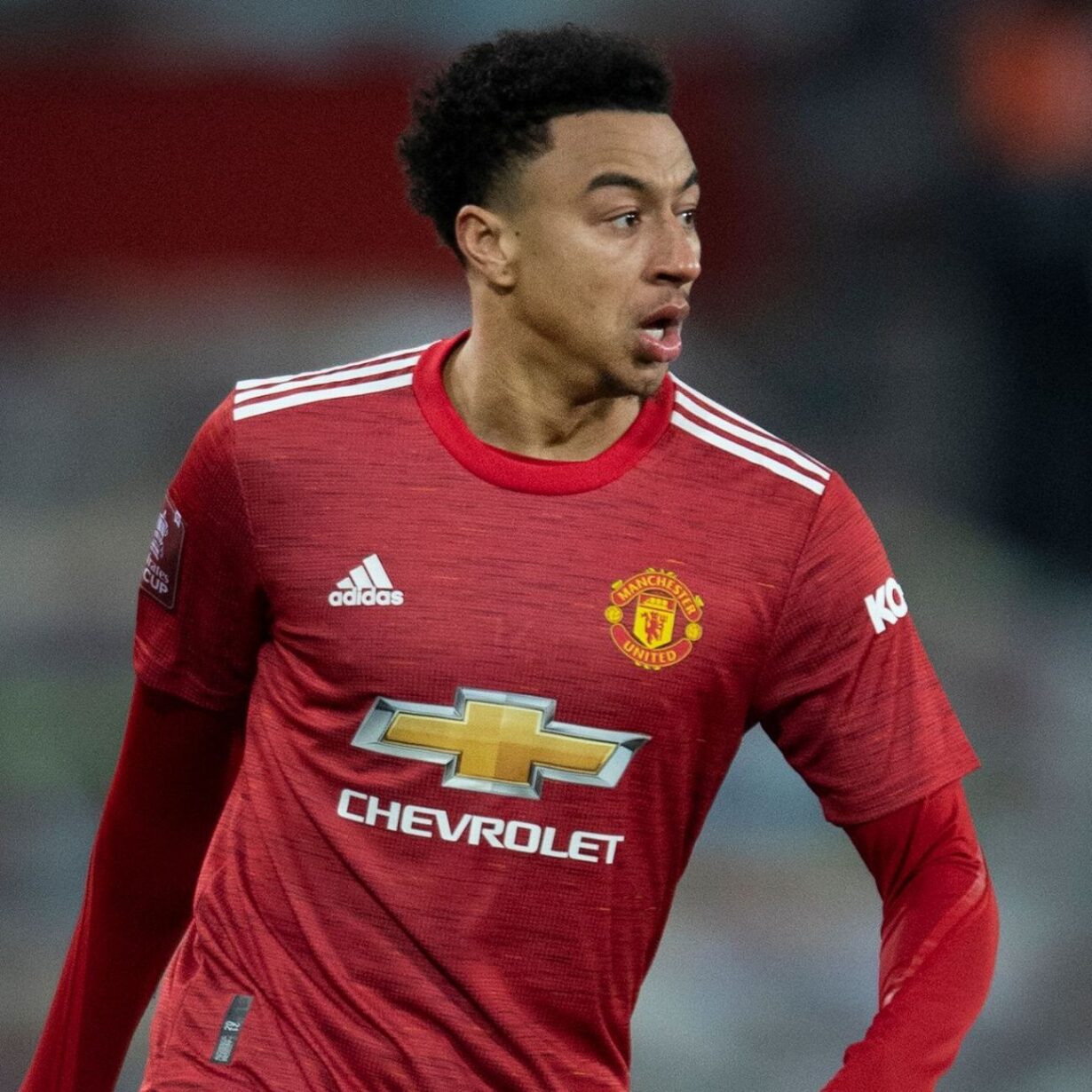
What came first, the football or the fun? Does excellence on the pitch beget its own virtuous circle of good times, good vibes and good decisions? Or is successful football simply an expression of deeper traits: curiosity, ingenuity, outlook, an urge to move and be moved? Either way, these are probably the sorts of questions worth pondering as we address Liverpool’s current predicament. Because Liverpool’s biggest problem right now isn’t their league position or their front three or their cover at centre-half. It’s the absence of fun.
Results will bounce back soon enough. The underlying performance against Manchester United on Sunday was good, undone by some individual errors and a brilliant free-kick from Bruno Fernandes. They are neither as bad as they look now nor as good as they looked a month ago when many sensible observers were predicting they would win the league by 10 points. The centre-half issue, too, will work itself out. Injured players will return to fitness. Young players like Rhys Williams will find their feet.
Perhaps somebody new will arrive in the next few days. If not, Fabinho seems to be doing fine for now. Pandemic-ravaged finances will recover once the pandemic subsides and fans return to Anfield. Thiago Alcântara has had a tough start to the season but is too good not to succeed in the long term. The same goes for the full-backs. In fact, virtually all of the apparently urgent crises facing Liverpool will probably evaporate within the next six months. But the fun: once that goes, that’s harder to retrieve.
At this point we should probably define exactly what we mean by fun in a footballing sense. Essentially, you could describe it as caprice, mystery, enterprise, madness; a rejection of the routine, the orthodox, the banal. And perhaps the defining mood music around Liverpool now is not defeat or calamity but banality: tired, joyless players led by a tired, joyless manager playing tired, joyless football for a tired, joyless public. If Ole Gunnar Solskjær’s Manchester United are currently the prime minister, quipping and joshing and urging us all to go out and lick each other’s faces, then Liverpool are Keir Starmer: austere and sensible and assuring us in a thin, reedy voice that posterity will prove him right in the end.

The fun, it seems to me, began to drain away at some point during the second half of last season. Liverpool from around 2013-19 were one of the most thrilling and exuberant clubs on the planet: not always good and not always successful, but instinctively likeable and interesting, fuelled by a boisterous fanbase and charismatic managers and an absolutely demented sense of their mission in life. They had a throw-in coach. They had Daniel Sturridge. They had the comebacks against Dortmund and Barcelona. They had the Gerrard slip and the 97-point runners-up season. They won the Champions League with an £8m left-back from Hull and persuaded Bournemouth to pay £19m for Dominic Solanke. Somehow, even though they didn’t always win, Liverpool kept winning.
But something changed last season, somewhere along their frictionless march to the Premier League title. Out, for the most part, went the thrilling risk-taking football and the dramatic failures. In came a measured and conservative approach based around possession and control and drilled, inexorable patterns. Hey – it worked a treat. The ends spectacularly justified the means. But equally, there was a very marked tonal shift between the Liverpool of 2017-19 and the Liverpool of 2020 onwards, and only now has it really become apparent.
What happens when a football club misplaces its sense of fun? It starts making boring, counterproductive decisions. Over the close season the board opted not to sign Timo Werner from RB Leipzig, arguing that the numbers didn’t add up. From a staid, empirical perspective it probably made sense. Pundits and fans lined up to congratulate Liverpool on their far-sighted parsimony. But in this most illogical of seasons in this most illogical of sports, a gifted but knackered front three demanded a shake-up. Werner, with his rocket pace and traction engine of a right foot, would have suited Liverpool’s full-throttle game perfectly. Diogo Jota is fine. But Werner would have been fun. Fabinho at centre-half is fine. But smashing the wage structure for David Alaba: now that would be fun.
Also not fun: flogging Mohamed Salah and Sadio Mané in an FA Cup tie against Aston Villa’s schoolboys. Not fun: signing Takumi Minamino to do post-match warm-downs. Not fun: expending industrial vats of bile on a stupid challenge by Jordan Pickford. Not fun: picking a pointless fight with Des Kelly on BT Sport over 12.30pm kick-offs. (Project Big Picture was quite fun, in its own evil, fatally doomed way.)
Naturally there will have been a cold rationale to each of these choices. In a way, that’s Liverpool’s problem all over: a club that made you believe in the impossible, that was having far too much fun to care what you thought about them, now feels shackled in a cage of its own angry logic, trapped in eternal arguments about possession triangles and net spend.
Maybe this is just what Liverpool needed to do to reach the pinnacle: to tune out the risk, to dial down the fun, to turn themselves into cold, joyless killers. Maybe in another world, under pre-pandemic rules, it would even have fuelled the sort of bloodless dynasty they enjoyed in the 1970s and 1980s. As it is, they feel like a club that won it all but mislaid a part of itself in the process, and no longer knows how to recover it.
That’s the problem with building a winning machine: once you take the winning away, what remains?
